At the Heart of Family Learning: The Power of Learning Together
Learning redesigned. Communities transformed. That was the tagline for NCFL’s 2023 Families Learning Conference, which just wrapped up in Omaha, Nebraska last week. I was so energized by the insight and fellowship of those three days! It was truly a blessing to come together with more than 600 attendees from 38 states and three countries at our first fully in-person gathering since 2019. With the experiences and innovations of the conference still fresh on my mind, I wanted to take a moment to share with you some of my key takeaways.
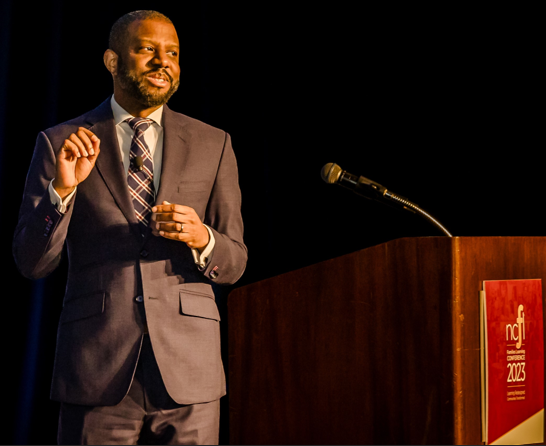
Our opening session began with a reminder to be less like Newton and more like Einstein in our approach to data. Keynote speaker Dr. Ivory Toldson, who serves as NAACP National Director of Education and Innovation Research and a professor at Howard University, kicked things off with this powerful idea. He reminded the audience that Newtonian absolutist thinking has no place when considering data about human beings; each data point represents a person with a story and a potential beyond what the numbers can describe. Dr. Toldson encouraged us to look at datasets with Einsteinian relativity, which allows room for human stories–rather than just numbers–to guide our interpretations and perspectives. At NCFL, we’ll be keeping Dr. Toldson’s charge in mind as we consider the ways we use and interpret data in our own work. Our own storytelling is specifically designed to shift harmful narratives that perpetuate deficit thinking.
The learning continued on Monday with NCFL’s Cassandra McGraw moderating a panel on the pivotal role that community organizations, nonprofits, and schools, and families can play in promoting digital equity. Panelists Priyanka Sharma from World Education, Dr. Vikki Katz from the Chapman University School of Education, and Dr. D’Andre Weaver of Digital Promise engaged in a robust discussion that highlighted the challenges of being under-connected to digital resources and the ways education and policy are struggling to keep up with the rapid advance of technology. My biggest takeaway from this session was the need to ensure that the voices of parents and educators are heard within each state’s digital equity plan, many of which are currently in their public comment period. I encourage you to visit the National Telecommunications and Information Administration’s website for more information on your state’s proposed digital equity plan and details on how you can ensure that the perspectives of those who matter most–children and families–are included in the important work of closing the digital divide. We cannot simply be passive consumers of technology; we must also embrace our shared responsibility to use technology as a tool to improve teaching and learning and advance the knowledge economy.
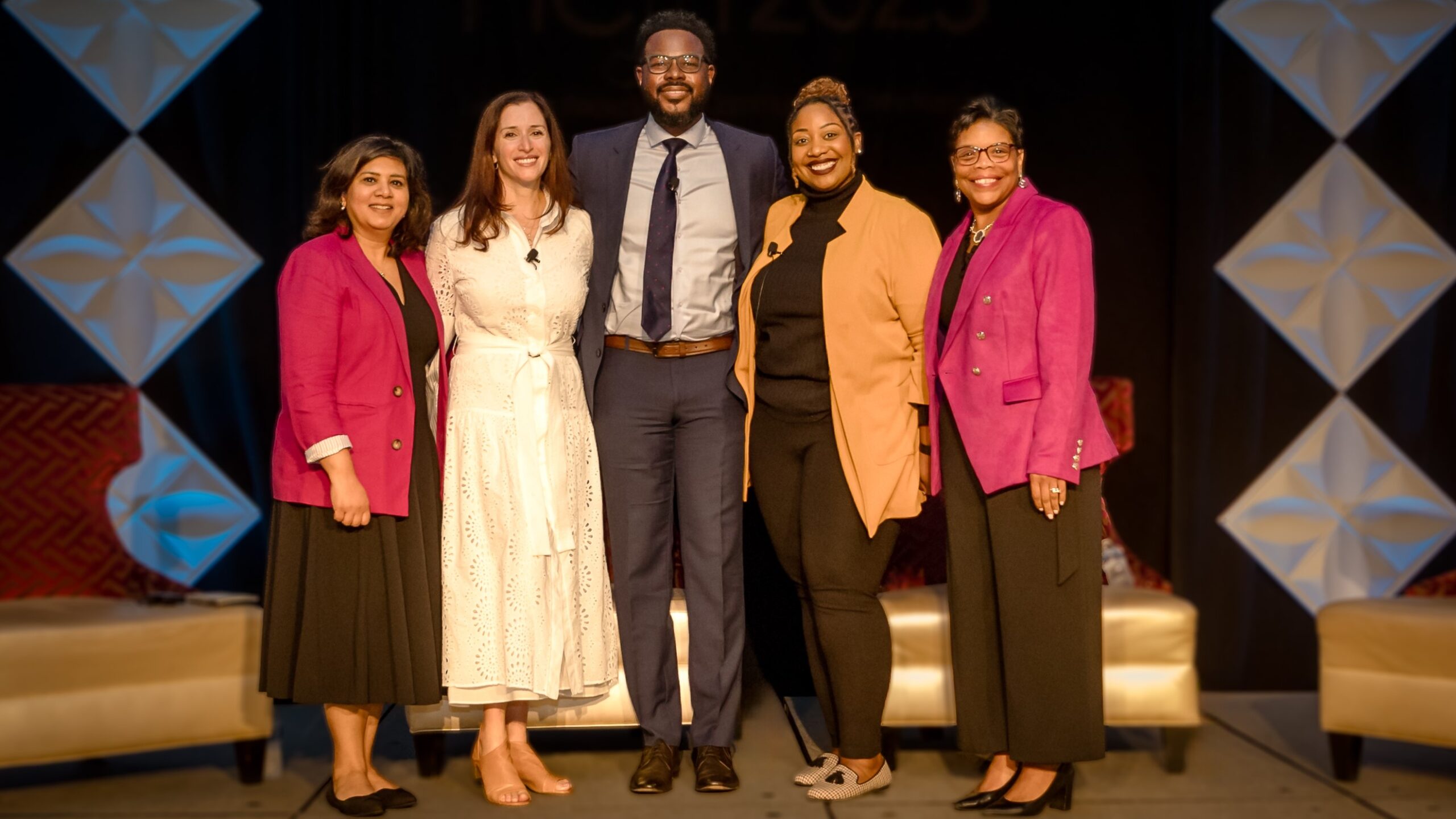
The second day of the Families Learning Conference was a powerhouse. The morning began with a speaker who was truly out of this world: Colonel Nicole Mann, the first indigenous woman to go to space with NASA. The first image in her thrilling presentation was a photo of a dreamcatcher made by her mother floating inside the International Space Station with the Earth visible behind it through the cupola window. It was a potent reminder of the importance of cultural heritage and community as a means of connecting with the past and building a bridge to the future–one that might even enable us to touch the stars.
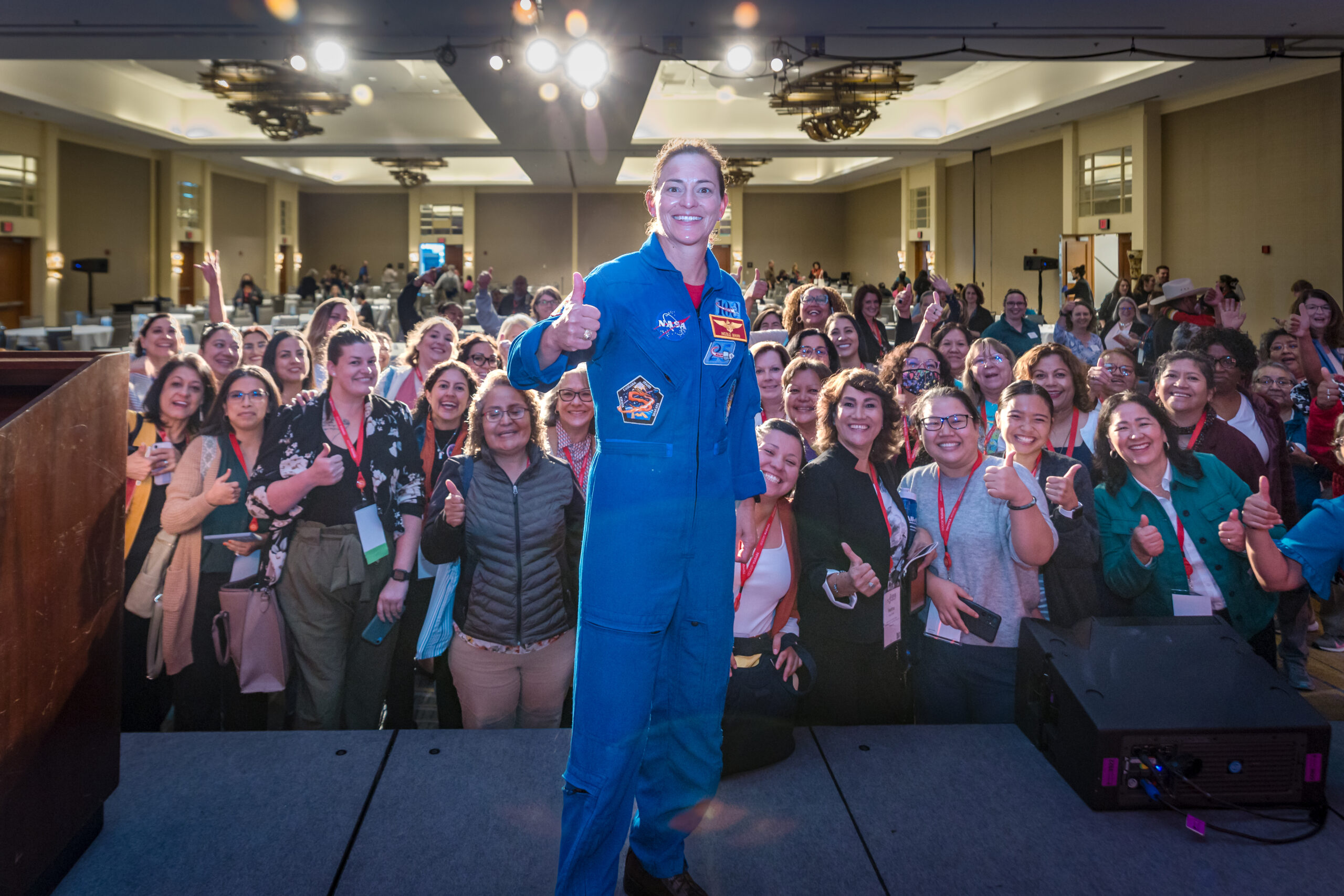
That evening, alongside Toyota USA Foundation president Mike Goss, I had the honor of presenting the 2023 Toyota Family Teacher of the Year award to Sergio de Alba of R.M. Miano Elementary in Los Banos, California. Sergio’s 22-year commitment to family engagement practices in his community has led him to create gardens, a baseball field, murals, and more alongside the parents of the children he works with. I was so inspired by my conversation with Sergio about the ways he connects families to the life of the school, and I encourage you to take a moment to view the full video to hear more about his award-winning efforts.
We rounded out the evening with a talk and fireside chat from Silicon Valley-based emergent technologist and humanist Christopher Lafayette who reminded us all that “educators are not in the need of AI. Rather, AI is very much in the need of educators.” His message of optimism tempered by caution in the face of rapid technological leaps was a thought-provoking reminder that civilizations are built upon the ingenuity inherent within the human code, and that code is not one that technology can replicate or replace.

The final day of the 2023 Families Learning Conference was headlined by Dr. Walter Gilliam, executive director of the Buffett Early Childhood Institute. He brought a simple but critical message: “How much we care for our children can be measured by how much we care for those who care for our children.” As we confront the fallout from the expiration of federal emergency funds for childcare implemented during the pandemic, Dr. Gilliam’s reminder about the importance of respecting the needs of early childhood educators alongside whole children and whole families could not have been more timely or more urgent.
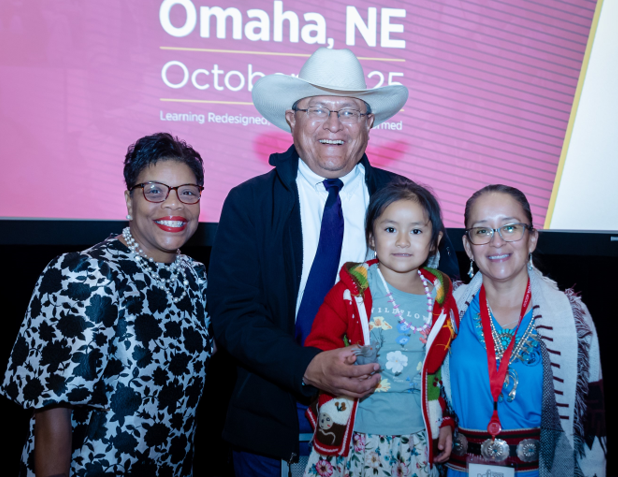
As much as our keynote speakers challenged and inspired us, I heard from so many attendees that they were also deeply moved by the stories of the four parent participants who spoke during our general sessions. Ra’Chelle Dennis, a single mother of two boys in Washington, DC, shared the ways that Activate! National empowered her to speak out about her own experience with early childhood education. Kayleen Pino, a full-time working mother in New Mexico, spoke about the ways the Ramah Navajo FACE Program helped connect her daughter with both English literacy and Navajo language preservation, ensuring her cultural heritage for future generations. Inna Synia, a native Ukrainian now living with her family in Nebraska, described her flight from war-torn Kherson and how family literacy programming helped her begin to build her language skills and independence in her new home. Lorena Torres, an Arizona mother of three, shared how family literacy programming helped her build her English skills and find the confidence to open her own baking business. I was so inspired by their stories, and by the educators and practitioners across the country who provide the support and educational opportunities to make their successes possible.
I’d like to leave you with another quote from Dr. Gilliam: “Children’s cups get filled when educators’ cups are overflowing.” As a former educator, that statement resonates with me so deeply. At NCFL, we know that the education solutions that transform lives are ultimately delivered through the work of dedicated educators, caregivers, and community partners. One of the joys of my current role is the chance to travel around the country to meet those family-facing professionals and see their work in action. I met so many more of you in Omaha. It is my most fervent hope that you found something to fill your cup in those three days of networking, learning, laughing, and sharing. I know I did.
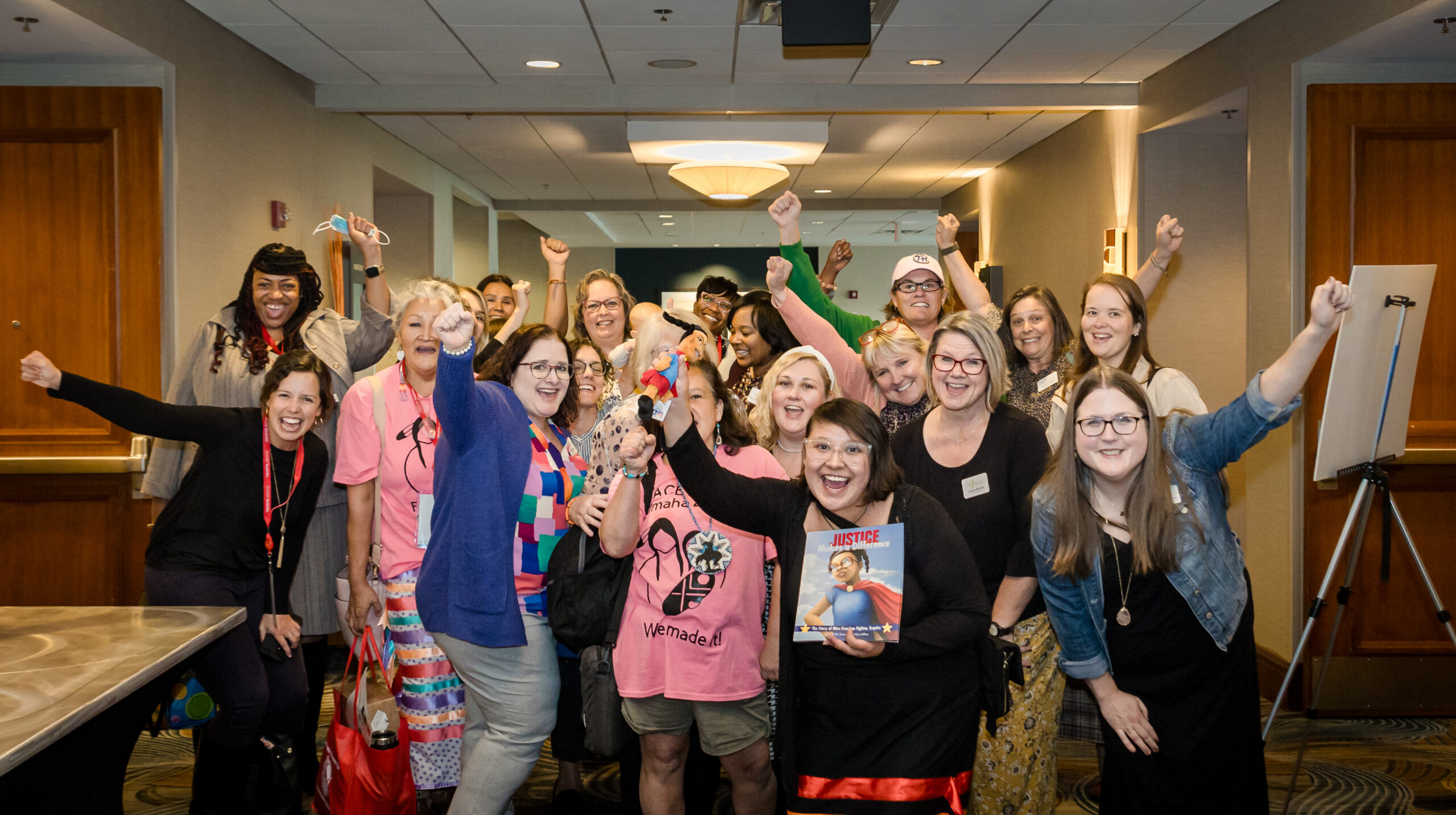
Through the work that we’re doing together, we are truly redesigning learning and transforming communities in powerful ways. I expect that the power of our shared learning will only continue to expand as more communities sign on to our 60×30 Vision in the coming months and years. I look forward to sharing more of these stories with you as part of our 35th-anniversary celebration at next year’s Families Learning Conference in Louisville.
ABOUT THE AUTHOR

A lifelong educator and national thought leader for teaching and learning, Dr. Felicia C. Smith brings decades of valuable experience to advance NCFL’s mission of working to eradicate poverty through education solutions for families. Having served in a variety of leadership roles in P-12, higher education, nonprofit, and philanthropy, her career has allowed her to experience leading systems and develop a unique vantage point of a learner’s educational trajectory from preschool to adulthood. Smith holds an Ed.D. in education leadership and administration from the University of Kentucky, and an M.A. in elementary education with an emphasis on K-12 literacy development and B.S. in elementary education from the University of Louisville.